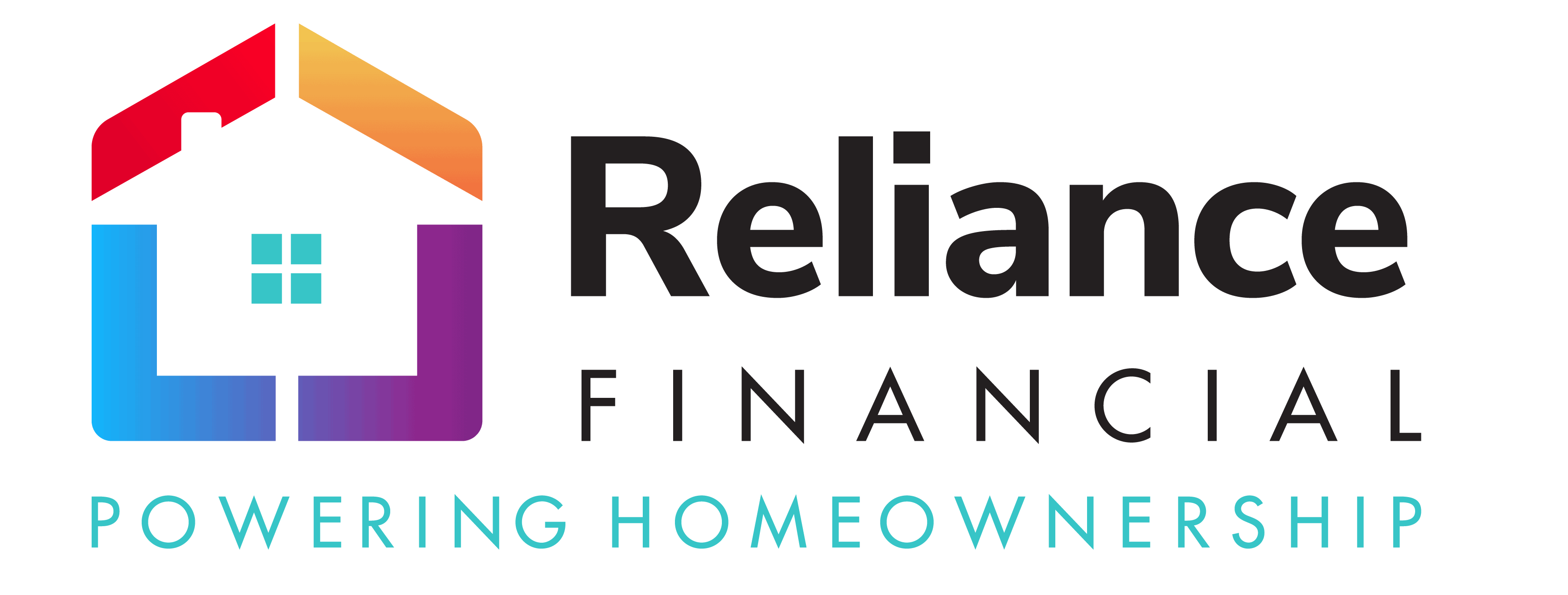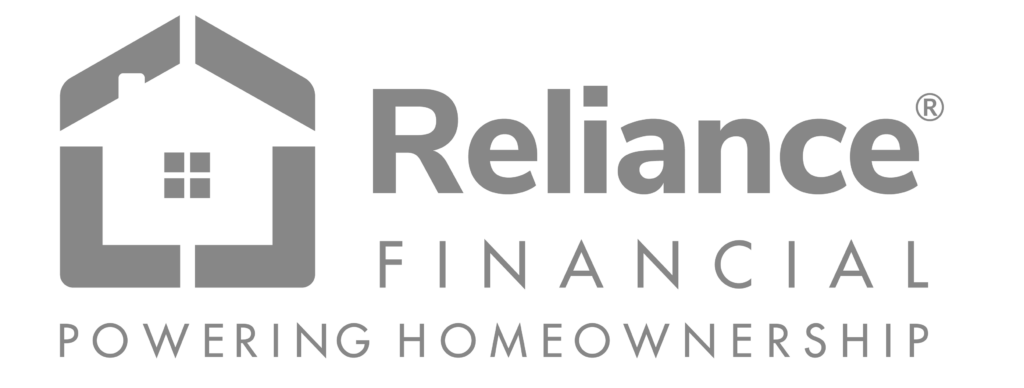With four of the five Great Lakes around it, Michigan offers a wealth of outdoor activities throughout the year. Loans, grants, down payment assistance, and tax credits are available through many home buyer assistance programs in Michigan and across the United States. However, you need to be aware of accessibility, eligibility, and most crucially current Mortgage Rates in Michigan.
Michigan is the 11th largest state in terms of the total area, and has the tenth-highest population in the country. Additionally, people relocate to Michigan because of the housing market’s abundance and work prospects. With a wide variety of cities, small towns, and rural places to select from and year-round cultural activities, Michigan is a state with a very diverse cultural population. It is also the most sought-after location due to its lowest cost of living.
Calculate Mortgage Interest Rates For MichiganUsing Mortgage Calculator
Real Estate Trends in Michigan
You are not the only one wanting to purchase a home in Michigan. Since the housing crisis, the Michigan real estate market has recovered, and in certain locations, homes are flying off the shelves. The Great Lakes State offers some pricey neighborhoods where you can buy a house, including the affluent Detroit enclave Huntington Woods. Attractive Mortgage Rates Michigan has a major role to play in advancing the real estate industry.
- As more purchasers fight for the same houses, Michigan home prices are still rising. The mean home value in Michigan has increased by about 137% from the previous ten years (statewide) (Zillow Home Value Index).
- Real estate firm Redfin reports that in July, property prices in Michigan increased 7.7% from the same month last year. The average cost was $256,600. There were 11,395 homes sold in July of this year, down from 13,145 homes sold in July of last year, a 13.3% decrease in sales on average. The median number of days on the market was 16, an increase from last year.
- In Michigan, 49.9% of homes sold for less than the asking price in July 2022, a 5.4-point decrease from the previous year. A high or rising percentage of homes selling above the asking price may be an indication of increased market competition. Only 33.8% of properties experienced price reductions, compared to 23.0% of residences in July of the previous year.
- The sale-to-list price was 100.9%, which is 1.2 points lower than last year. In Michigan, there were 34,189 houses for sale of 0.1% increase from the previous year. 14,680 new residences were listed, which is a 12.4% decrease from the previous year. The typical month of supply is two months, unchanged from the previous year.
Current Mortgage Rates in Michigan
Interest rates and annual percentage rates (APRs) are based on current market rates, are provided solely for informational purposes, are subject to modification without prior notice, and may include additional fees based on the type of property, the amount of the loan, the loan-to-value ratio, the borrower’s credit score, and other factors. There are restrictions based on the type of property and others.
- Rates on 30-year fixed mortgages in Michigan are steady at 7.02%.
- In Michigan, the average 30-year fixed mortgage rate is now steady at 7.02%. Mortgage rates in Michigan are currently 6 basis points higher than the 6.96% national average.
- The average Michigan mortgage interest rate for the following week was 6.93%; on November 7, 2022, that rate will increase by 9 basis points.
- Additionally, the average rate for a 15-year fixed mortgage in Michigan is currently 6.05%, and the average rate for a 5-year ARM is currently 6.32%.
As indicated above, the most recent mortgage rates for Michigan are available on zillow.com as of November 7, 2022. The specifics of your loan transaction and your credit history up until the time of closure will determine your loan’s interest rate. The APR and monthly mortgage payment could go up if mortgage insurance is necessary due to the mortgage insurance charge.
Taxes in Michigan affect the mortgage Rates for home buyers
- The flat income tax rate in Michigan is 4.25%, according to smartasset.com. Your federal Adjusted Gross Income will serve as the foundation for that flat tax rate applied to your Michigan taxes. When filing your Michigan state income taxes, you won’t be able to deduct your mortgage interest payments even if you can always do so on your federal income tax return if you itemize your deductions.
- Depending on when you obtained your mortgage, the taxable value of your home, and your family income, you may be eligible for a property tax credit if you own a home in Michigan that you occupy as your principal residence for at least six months of the year and pay property taxes.
- Seniors, individuals with disabilities, veterans, those in poverty, surviving spouses of veterans, and farmers can receive property tax assistance in several Michigan counties. In Michigan, you can get assistance with property taxes by contacting the treasurer of your city or county.
- You must pay a 0.75 percent state real estate transfer tax to Michigan if you sell your house there. According to the county’s population, counties impose their real estate transfer taxes, which range from 0.11% to 0.15%.
Frequently Asked Questions about Mortgage Rates in Michigan
Q1: How can I find Michigan’s lowest mortgage rates?
- To save money throughout your loan, it’s critical to obtain the lowest mortgage interest rates in Michigan. Over the years, a difference of even a tenth of a percentage point might cost you thousands of dollars.
- Check with a local mortgage firm or mortgage broker to make sure you receive the best mortgage rates in Michigan. Due to their lower operating expenses and overhead, mortgage brokers frequently can offer interest rates that are lower than those of the major banks. Additionally, they might be able to arrange your home loan so that you receive the lowest possible rates.
- After choosing the best lender for your mortgage, you should think about other elements that affect the rate. Based on risk, banks and lenders set their rates. The interest rate the bank must charge is higher the riskier the investment is.
- Whether you choose traditional financing or a short mortgage term will entirely depend on your down payment, credit scores, and credit history. In comparison to a 30-year fixed mortgage, a 10-year mortgage will, for instance, have lower rates. This is due to the lender’s reduced risk due to the speedy return on their investment.
Final Note
The process of purchasing a home can be complicated and expensive. All the more incentive to get your loan from a reliable source! The greatest mortgage lender to provide affordable rates on a range of mortgage options is Reliance Financial. Your local Member Mortgage Services professionals will assist you in navigating the mortgage application process. To put you in a better position to make a serious offer on a home, they can even pre-approve you for your loan before you start looking for a home.








